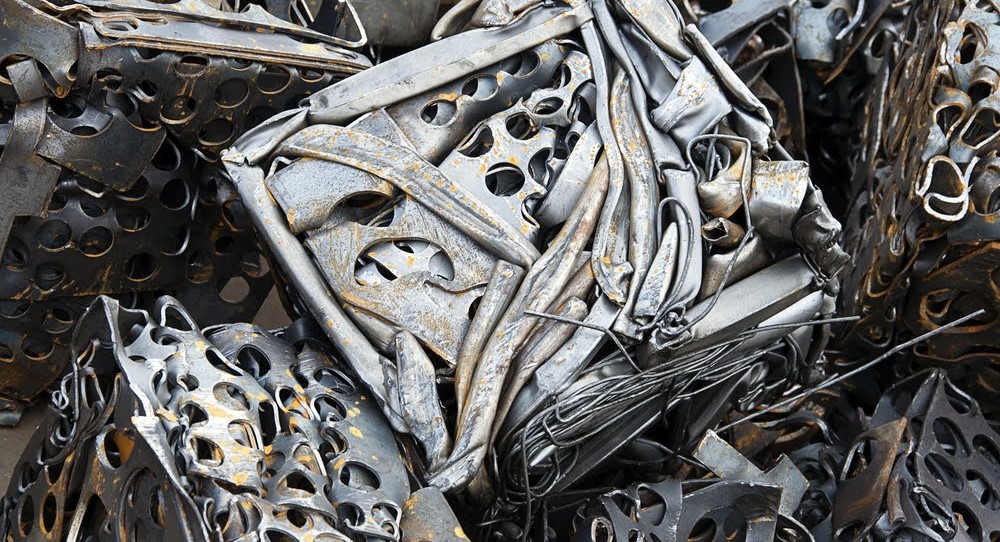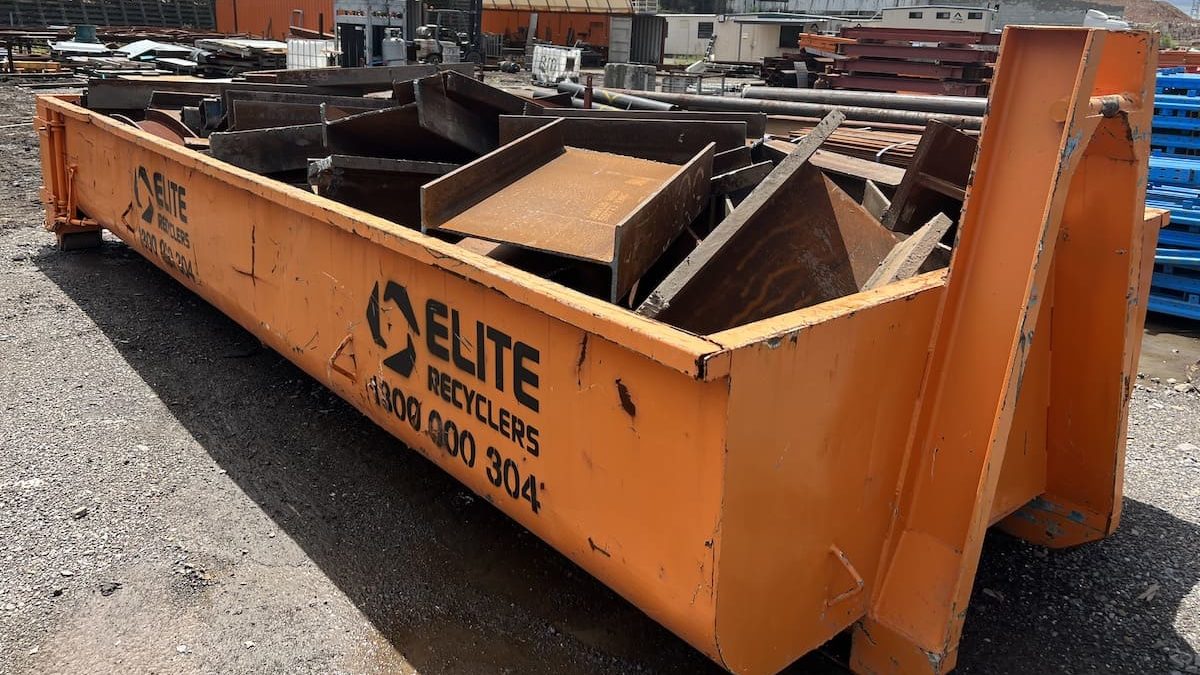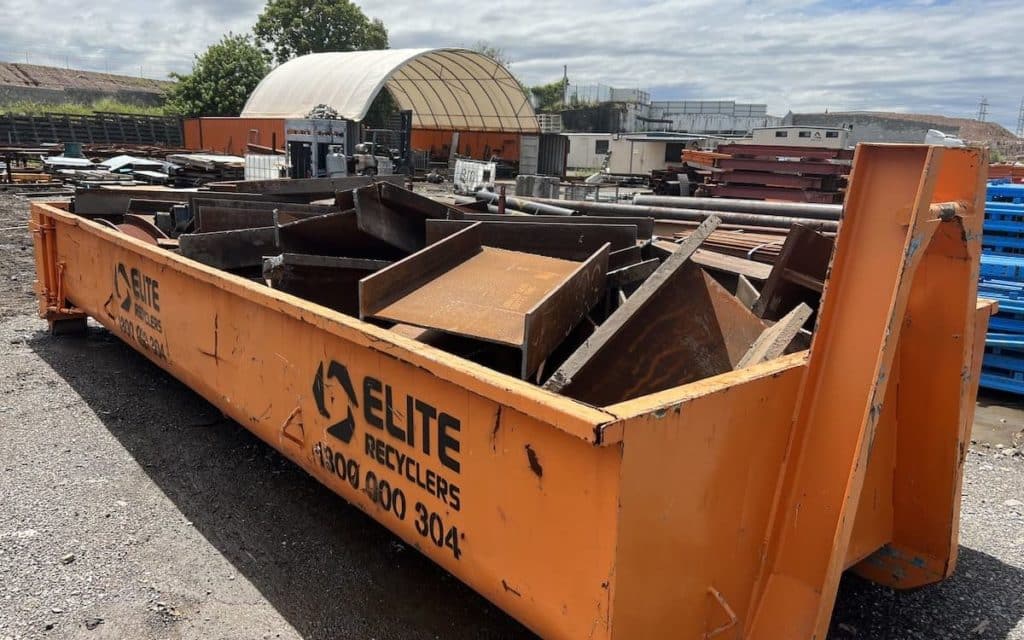
Ferrous Vs Non-Ferrous Metals
Metal plays an extremely large role in a variety of industries and applications. From construction to electronics and household equipment, metals are an essential part of our lives.
However, many aren’t across the different types of metals that exist. In this article, we will explore the key difference between ferrous and non-ferrous metals.
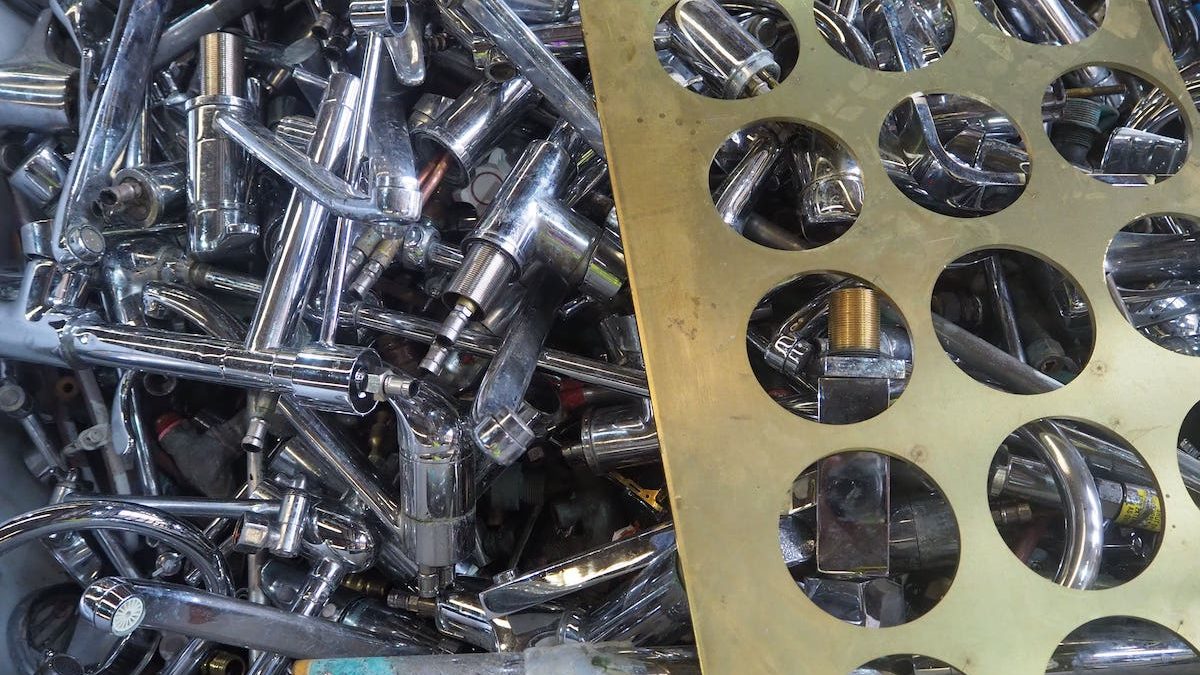
What Are Ferrous Metals?
Ferrous metals are those with iron content, and they are widely used thanks to their high tensile strength and durability, as well as their low cost. These types of metals are newer than non-ferrous, with usage since 1,200 BC throughout the Iron Age.
The durability of these metals makes them the perfect material for shipping containers, automobiles, industrial piping and other construction applications. They are also used in the production of tools, as well as in household items such as cutlery and cooking pots.
Common types of ferrous metals include:
- Alloy steel
- Carbon steel
- Cast iron
- Wrought iron
Due to ferrous metals having a high carbon content, they are susceptible to rust when exposed to moisture. However, this is not the case for stainless steel and wrought iron – making them great materials for outdoor use. They also have a high magnetic attraction, which is why they are often used in the construction of electric motors and generators.
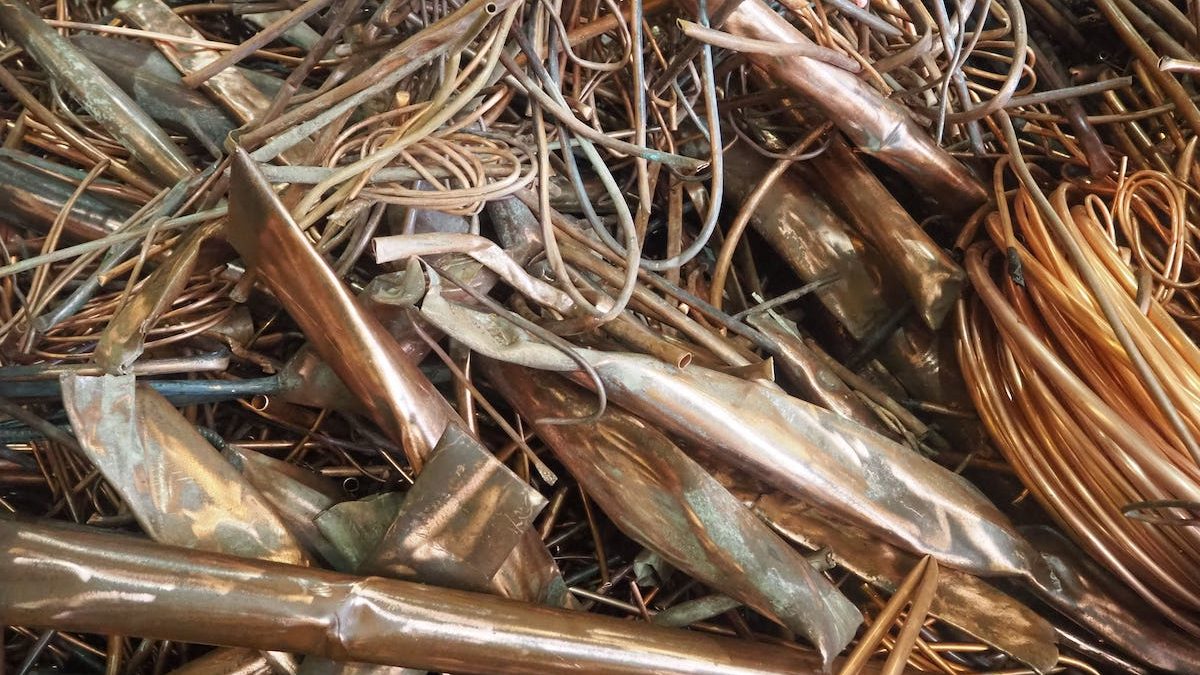
What Are Non-Ferrous Metals?
Non-ferrous metals are those that do not contain iron, and have been in use for much longer than their ferrous counterparts. Non-ferrous materials have been used since the beginning of civilisation, with the discovery of copper in 5,000 BC and the beginning of the Copper Age.
These metals are known for their malleability, meaning they can be easily shaped and formed without breaking. This is due to their low carbon content, which also makes them resistant to rust and corrosion.
As these metals don’t rust, they are typically used in outdoor settings, such as gutters, roofing and liquid pipes. This means they aren’t damaged when exposed to the elements. These metals are not magnetic.
Some of the most common non-ferrous metals include:
- Copper
- Aluminium
- Lead
- Zinc
- Tin
- Gold
- Silver
Ferrous vs Non-Ferrous
Both ferrous and non-ferrous metals have an important place in society. They each have their own properties that determine which applications they’re best suited to. Ferrous metals are mostly used in the construction industry, while non-ferrous metals are used in a variety of industries, such as electronics, plumbing and automotive manufacturing.
When it comes to recycling metals, there isn’t a big difference between ferrous and non-ferrous metals. Ferrous metals can be recycled indefinitely, while non-ferrous metals can only be recycled a limited number of times before they lose their properties and become unusable. However, they can be recycled in a similar way at your local metal recycling plant.
Ferrous And Non-Ferrous Metal Recycling With Elite Recyclers
Elite Recyclers is a Brisbane-based metal recycling company that buys both ferrous and non-ferrous materials. We have over 50 years of combined experience in the metal recycling industry, so you can be sure that you’re getting the best price for your scrap metal when you sell it to us.
We accept a wide range of ferrous and non-ferrous metals, and are flexible with our pick-up and delivery services. We also offer cash for scrap metal, book-a-bin services and can provide on-site quotes for large loads.
If you’re interested in learning more about our ferrous and non-ferrous metal recycling, contact our friendly team or visit our Brisbane scrap yard today!
